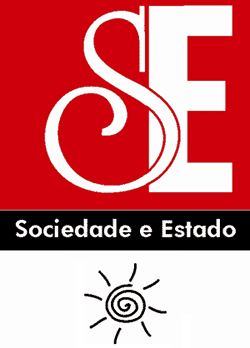This article highlights the contribution of Wilheim Dilthey, part of the so-called German "romantic hermeneutics" movement, to contemporary human sciences, specially in relation to the search of the philosophical and epistemological foundations as a form of alternative scientific knowledge to ' positivist' and ' naturalist' knowledge. There are three main points. The first is the meaning of the terms ' Verstehen' (understanding) and ' Hermeneutics' from Dilthey's perspective. The second refers to the main concepts of his theory such as, for example, ' internal and external experience', ' causality' and ' understanding', identifying two phases in its comprehension of human action in which he passes from a stage marked by psychological comprehension to another, centred on a hermeneutic comprehension. In conclusion, we present some considerations on Dilthey's contribution to the social sciences and on Gadamer's central criticism of the way in which he sought objectivity for the human sciences. It is considered that the concept of experience, the concept of causality and the search of objectivity in the human sciences, in the terms expressed by Dilthey, posited various perspectives which have nourished the philosophical debate since the second half of the twentieth century, such as for example Gadamer and his philosophical hermeneutics, or more recent authors like Giddens (1977) and Souza Santos (1989), concerned with developing this methodological approach for the human sciences, specially in the sense of fostering the appearance of the fundamental conditions for a change in paradigms.
hermeneutics; epistemology; experience; historical understanding; causality
